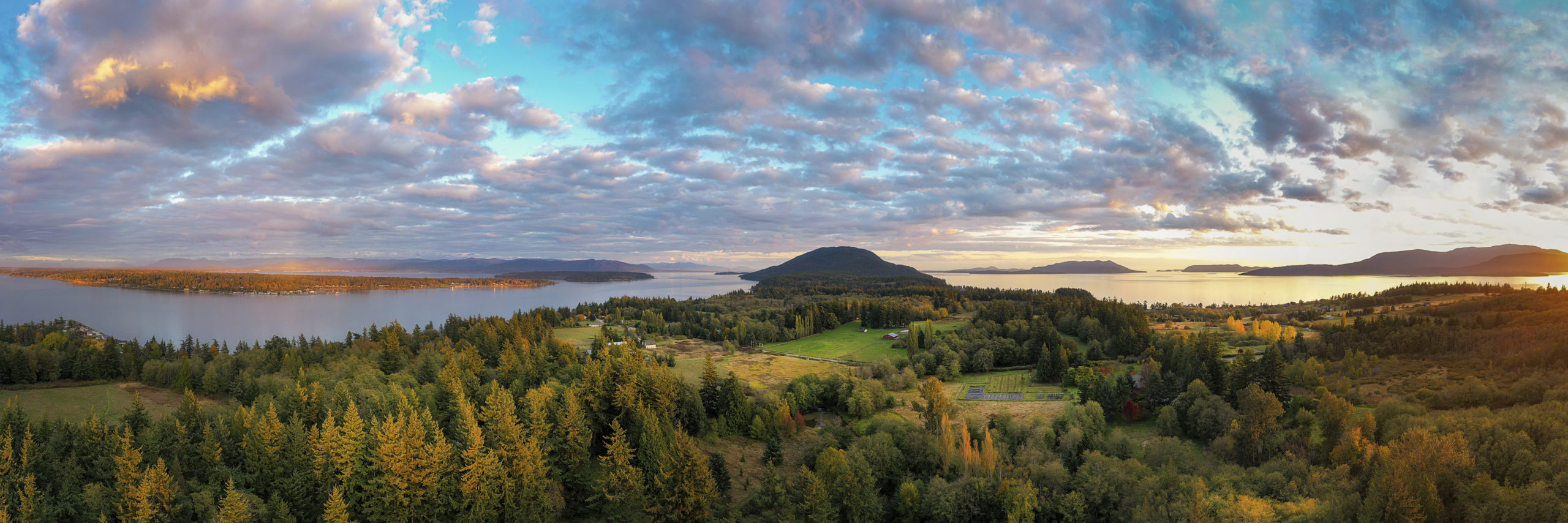State’s Growing Tourism Industry Offers Employment Promise
Published in Seattle P-IThese are heady times for entrepreneurs, high tech whizzes and international traders. But many people are left out of the boom, including bank tellers and telephone operators, middle managers and others whose jobs are being rendered obsolete by new technologies, corporate down-sizing and international competition. They can get jobs in this economy, but often not at levels commensurate with their backgrounds.
In the short term, there is no easy answer to such people’s underemployment, but there is one field that offers substantial opportunity for workers of all kinds, from the minimally skilled to the highly educated. That field is tourism. Paying an average of 10 percent more than other employment, today’s tourism industry is a source of good jobs as well as more jobs.
Tourism matters to Washington State because the region is an increasingly popular visitor destination, but also because Seattle is headquarters for such top travel companies as Westin Hotels, Alaska Airlines, Holland America cruise lines and, of course, Boeing. Unfortunately, state and local governments have put relatively little emphasis on exploiting this strength. At 15.2 percent, Seattle has the second highest hotel room tax in the country–surpassed only by Columbus, Ohio, hardly a tourist magnet. Yet, Washington State ranks 47th among states investing such dollars in development of the tourism industry.
What’s our problem? Perhaps we still think of tourism as a frill, or as an industry with a real future only in sunnier climes. Or we fret that the tourists who visit from Japan or Scandinavia will go home, quit their jobs and move in on us. Neither statistics nor experience back up those concerns.
How underrated is tourism? Well, how many of us realize that it is now the number one industry in the world? The stunning fact is that tourism business generated $3.4 trillion last year, even surpassing conventional manufacturing categories like steel or autos. Seattle and King County stand to gain greatly from this global development; our own annual tourism business has grown from $900 million to $2.7 billion in the past decade. The number of foreign visitors–480,000 last year–also has doubled in that period, not even counting two million Canadians. But we can do much better.
The foreign market, indeed, is one of the most promising. This is especially so in Asia, where the middle class is doubling its massive size in this generation–from 200 million to 400 million in India, for example. Worldwide, women are becoming a bigger share of travelers now–already up to 33 percent. Another trend: leisure visitors, rather than business travelers, will soon account for 80 percent of air travelers.
Analysts have found that these new international tourists are very cost conscious–just at the point in history when the United States finally has become more affordable. Moreover, 75 percent of current foreign visitors to the US have been here before, so there is fresh curiosity about destinations other than standard gateway cities like New York and Los Angeles. Seattle, for instance: close to Asia, up-to-date, well-priced, and also friendly and safe.
Juergen Bartels, the new chairman and CEO of Westin Hotels, a company that began in Seattle 65 years ago and today is a leading hotelier in 80 locations around the world, was asked recently why Westin decided to remain here. His response was that “Seattle is not in the middle of the country, but it is in the middle of the world.”
Lest that sound like mere boosterism, the German-born Bartels is quick to point out that the “world” Westin has identified as leading the travel boom is the Pacific Rim, and especially Asia. Seattle is a good location from which to launch an ambitious hotel expansion scheme like Westin’s, which aims to open 60 new hotels in the next five years, an average of one a month.
Seattle’s position in international travel is improved further by our new status as U.S. home to APEC (the Asian Pacific Economic Council) and the prestige of the Henry M. Jackson School at the University of Washington, whose international program is particularly strong in Asian studies. The Port of Seattle’s new International Conference Center that opens next summer and the coming expansion of the Washington State Convention Center will help establish Seattle as an especially well-endowed meeting location.
What is missing so far, however, is a well-orchestrated, high priority effort to build on this area’s international tourism potential. We cannot and should not count on the federal government to lead; its whole tourism budget is only about the size of Luxembourg’s, and nothing like, say, Canada’s. In Olympia, Governor Lowry and a couple of state legislators intend next month to propose a doubling of the state budget for tourism–but that still will amount to only $4.6 million, far less than the programs of neighboring states, let alone, British Columbia. It’s time for state and local governments to see the full scope of the opportunity and to collaborate in meeting it.
The best strategy is, first, to increase spending in tourism development by tapping into the huge tax revenue provided by the tourist industry itself in the form of the hotel tax. Judicious use of that source should not alarm the general taxpayer and will return its investment manifold. When a modest public and private promotional budget was deployed by the Seattle area in Great Britain recently, it resulted in a doubling of British tourist visits here.
Pooling existing funds of government and private sector alike, as in the British promotional case, should be the second emphasis of an international tourism strategy. A common promotional campaign will go much farther than many divergent ones. Indeed, we should solidify the tentative efforts now underway to link the overseas tourism programs of the Northwest states with the more advanced foreign visitors campaign of British Columbia and build up the international appeal of the whole Cascadia region.
Overall, isn’t it time that we stopped looking the gift horse of tourism in the mouth?
